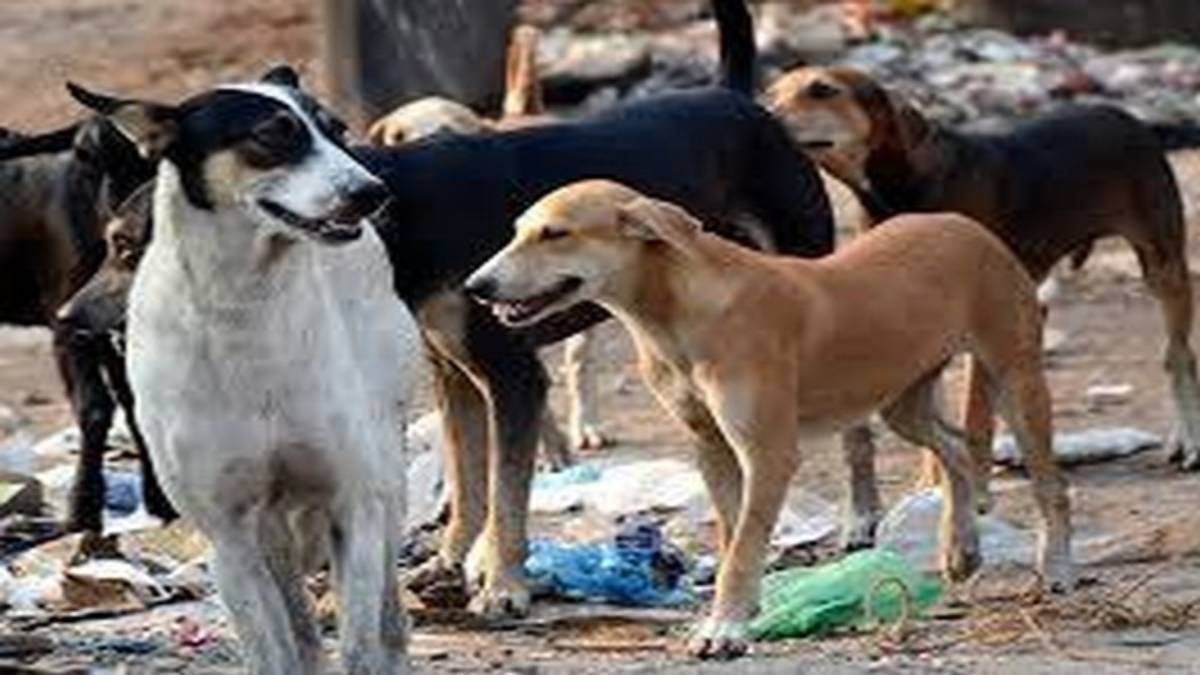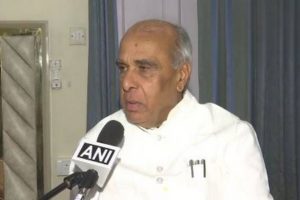Chief Justice of India (CJI) BR Gavai on Wednesday said he would examine the legal dispute over community and stray dogs, following concerns that different Supreme Court benches have issued conflicting directions on the matter.
The issue was mentioned before a bench headed by the CJI for urgent listing by advocate Nanita Sharma, who pointed out that one bench had emphasised compassion and protection for canines, while another had ordered their removal from public spaces.
Sharma cited a May 2024 order by a bench led by Justice JK Maheshwari, which stated that there could be no indiscriminate killing of dogs and that authorities must act within the spirit of existing animal protection laws. In contrast, an August 11 order by a bench of Justices JB Pardiwala and R Mahadevan directed civic bodies in Delhi-NCR to remove all stray dogs from localities within eight weeks and house them permanently in dedicated shelters, warning of contempt action against anyone obstructing the process.
The recent strict order came in a suo motu case based on a media report about rising rabies cases from dog attacks, particularly affecting children and the elderly. The bench described the report as “disturbing and alarming,” insisting that no captured animals be returned to the streets.
The matter is linked to a petition by the NGO Conference for Human Rights (India), challenging an August 2023 Delhi High Court order that had closed a PIL seeking sterilisation and vaccination of community dogs without issuing fresh directions. The NGO’s appeal is already pending before a bench led by CJI Gavai, which had issued notice in July 2024.
With two contrasting Supreme Court rulings now on record, the CJI has assured that he will “look into” the matter to address the legal inconsistency.





